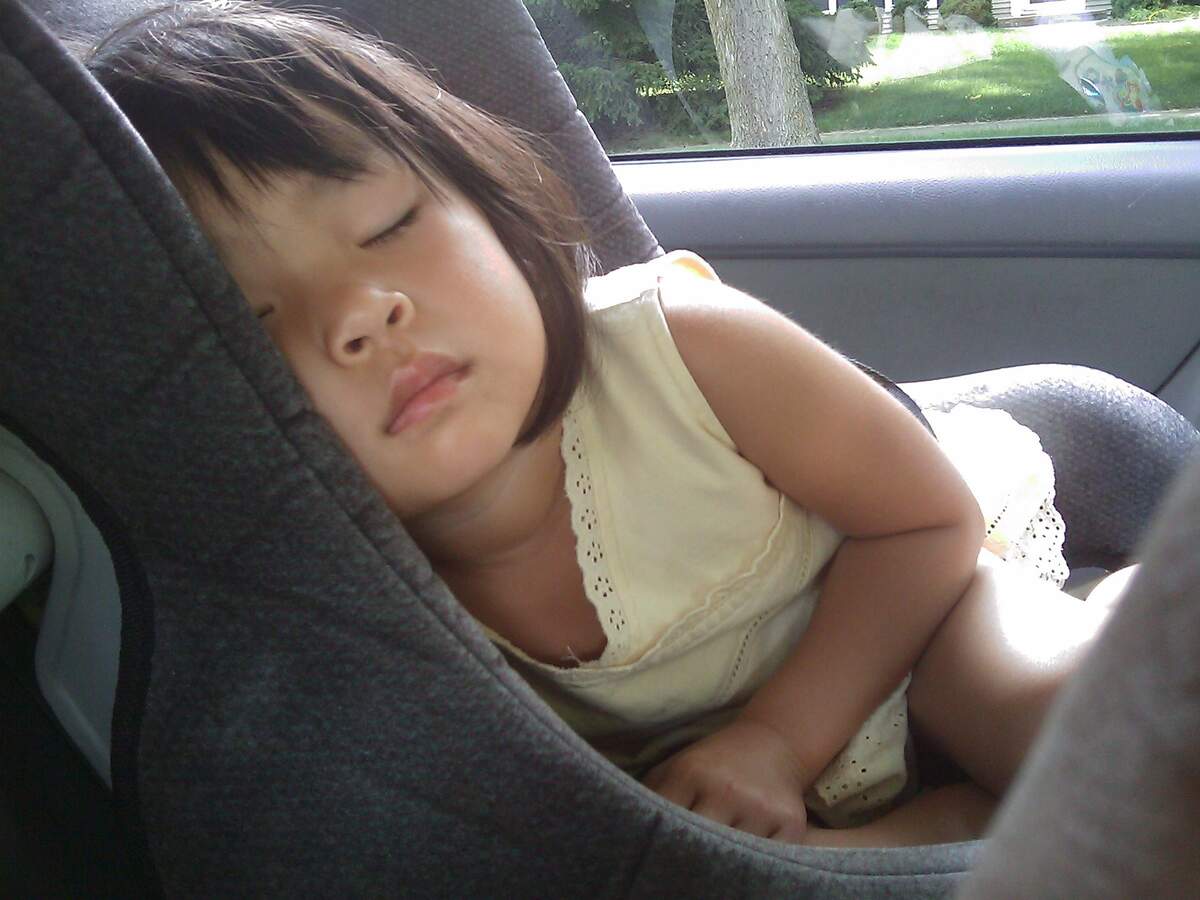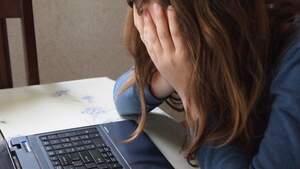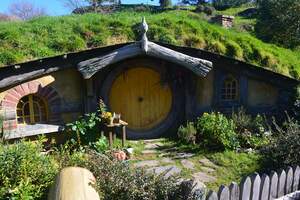

Festival of Sleep Day
Festival of Sleep Day celebrates all types of sleep. It is a day for sleeping in, taking naps, or not even getting out of bed in the first place. After all, it is a festival, so it should be celebrated to the fullest. It likely happens when it does because the holidays have just ended, and people never seem to get enough sleep during them. This makes it an ideal time for catching up on sleep, especially because some students aren't even back in school yet, and some workers are still on vacation.
Sleep is just as important as diet and exercise for maintaining health. Among its many benefits, it allows the body to rest, recharge, and heal, and it helps with memory function. It should take a person about ten to fifteen minutes to fall asleep; those who take less than five minutes to snooze may be sleep deprived. Exercising can help those who have a hard time falling asleep, and it will improve their sleep quality as well.
There is a wide range in the amount of sleep that animals and people need each day. Brown bats sleep for almost twenty hours a day, while giraffes sleep for only about two. Adult humans need between seven and nine hours of sleep a night, with eight being quite common. Although, some people can function on six hours of sleep, while others need ten hours. Infants sleep off and on for about sixteen hours a day. Some also need naps as part of their normal sleep cycle, but some people end up napping because they don't sleep enough during the night—they may be sleepy because of self-imposed sleep deprivation. The longest someone has ever gone without sleeping is just over eleven days. Randy Gardner pulled this off in 1964.
Dreaming is often a component of sleep. Half of the content of dreams is forgotten within five minutes of waking, and ninety percent is lost within another five minutes. Some people dream in black and white, and those who are blind may dream emotions, sounds, and smells. Some also experience parasomnia, the doing of things that are not natural while being asleep. One example of this is sleepwalking. On the other end of the spectrum, dysania is the term for someone who habitually finds it difficult to get out of bed. On most days that may be a problem, but it's perfect for Festival of Sleep Day.
How to Observe Festival of Sleep Day
Celebrate the day by catching up on sleep! Sleep in, take a nap, or spend the whole day in bed! Make sure you have a good sleeping environment: Wash your sheets and bedspreads and check to see the temperature in your room is ideal for sleeping. You could also buy some new pillows or pajamas to get comfy.





















